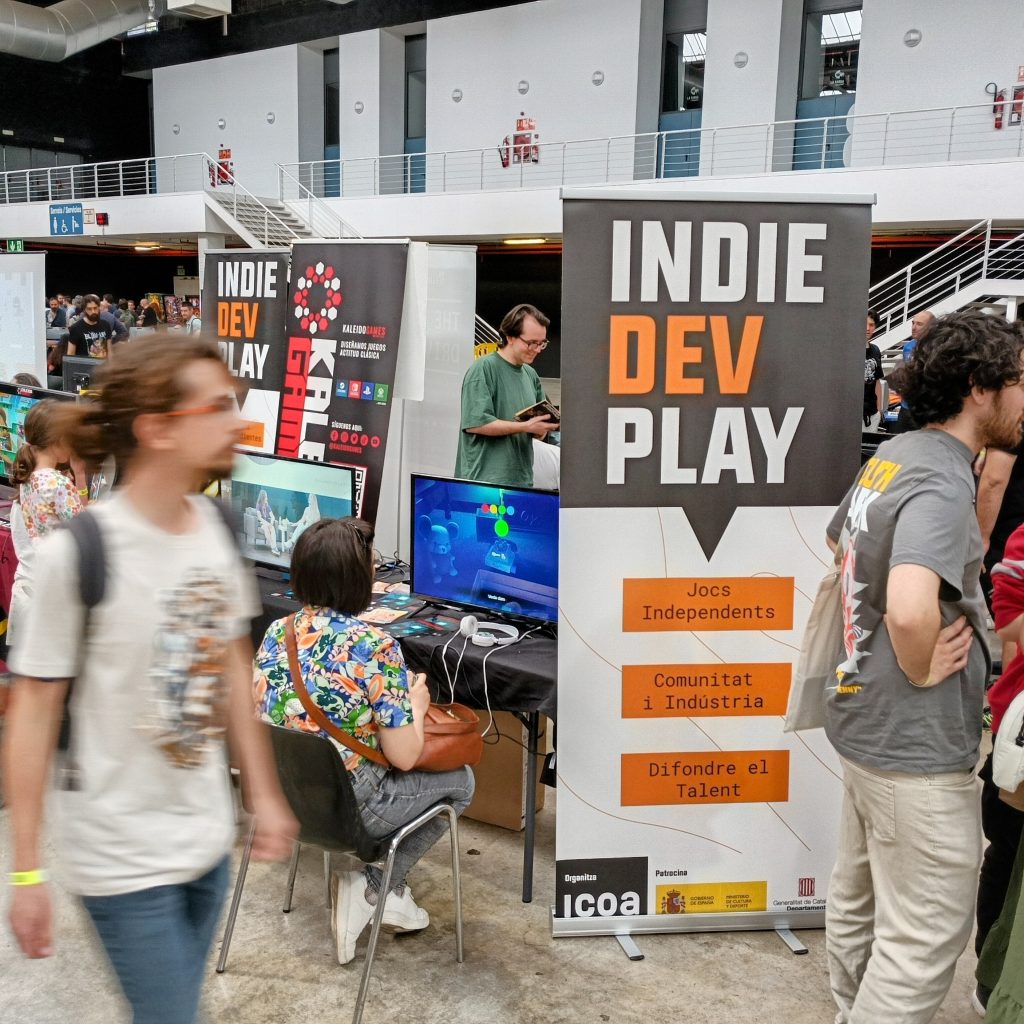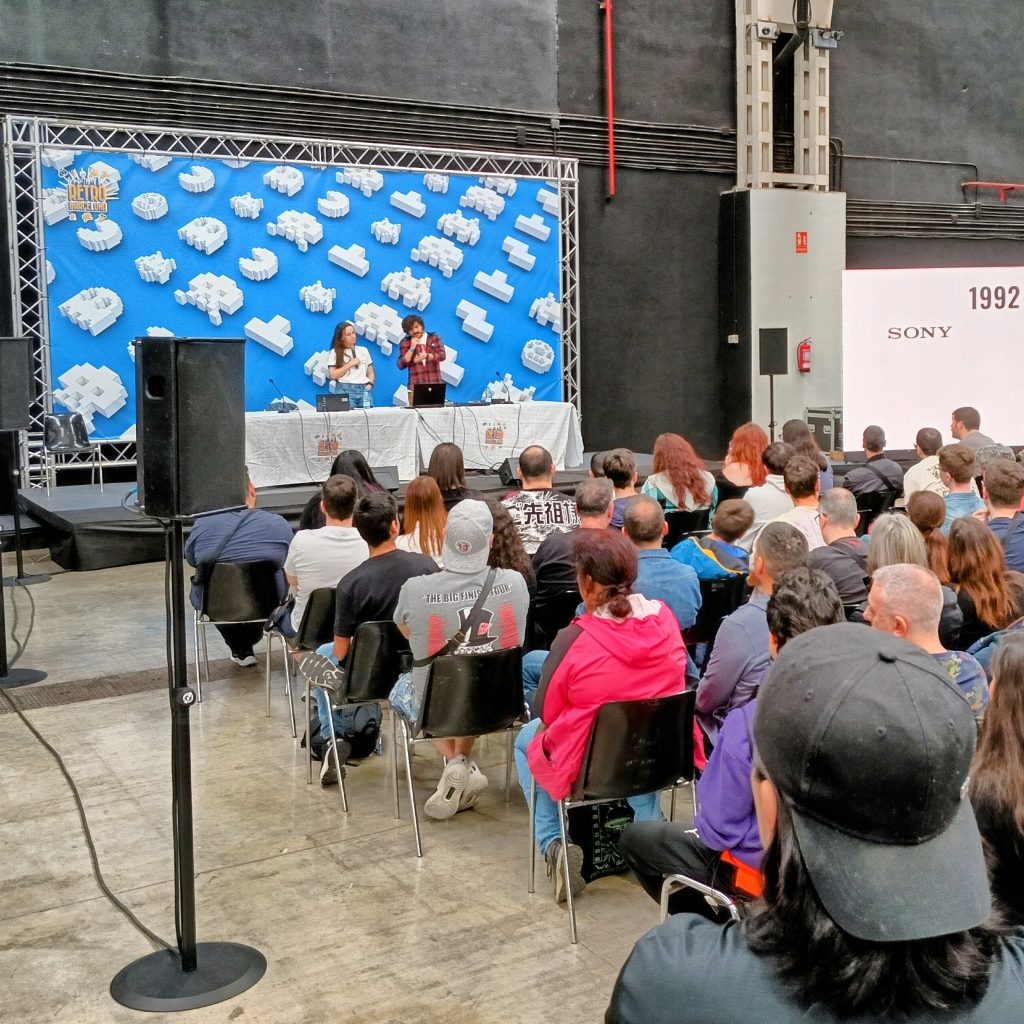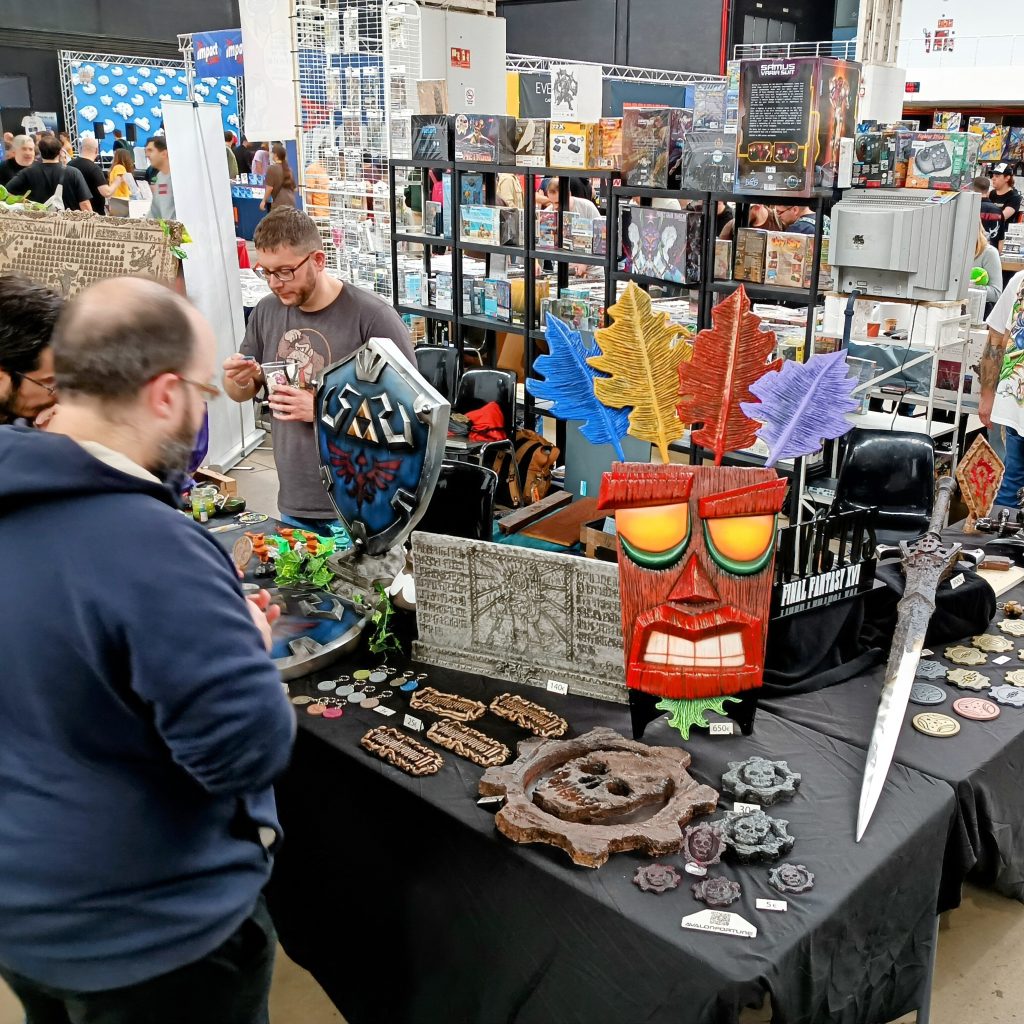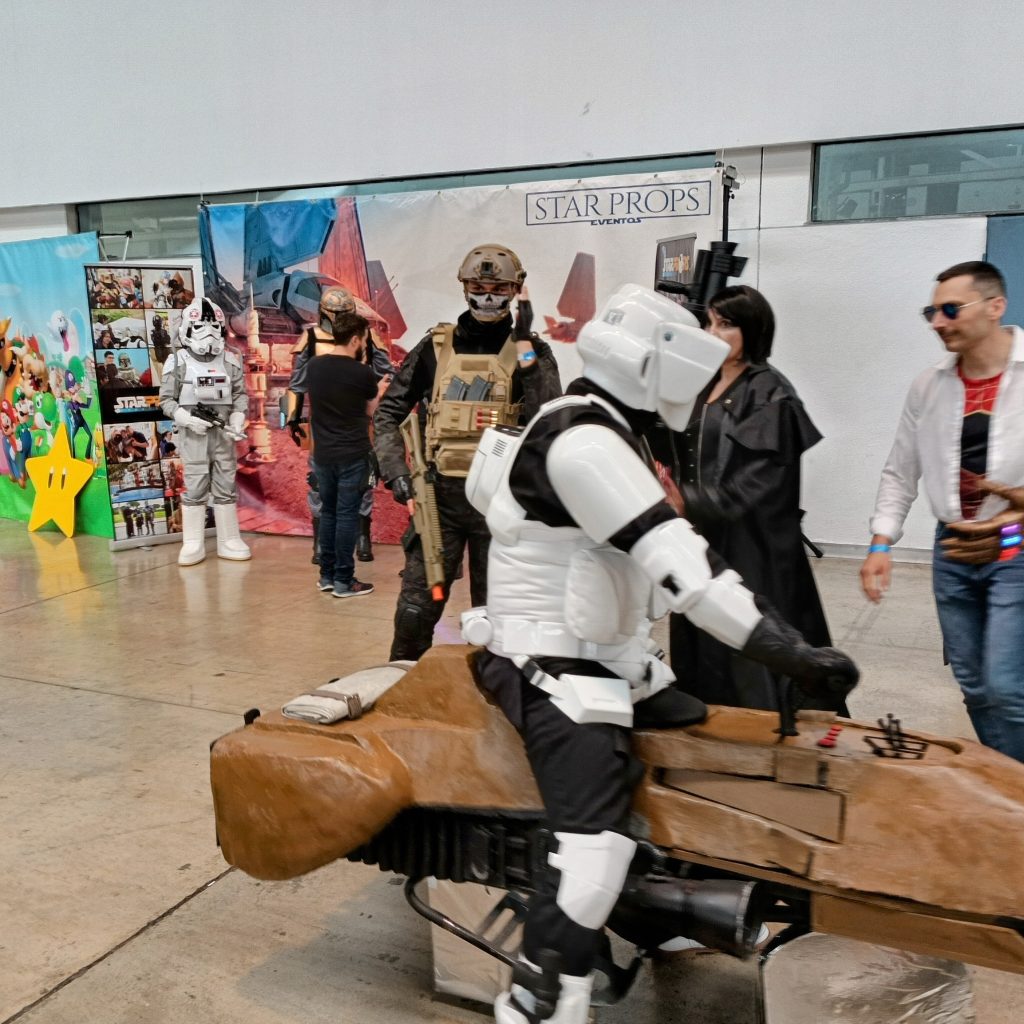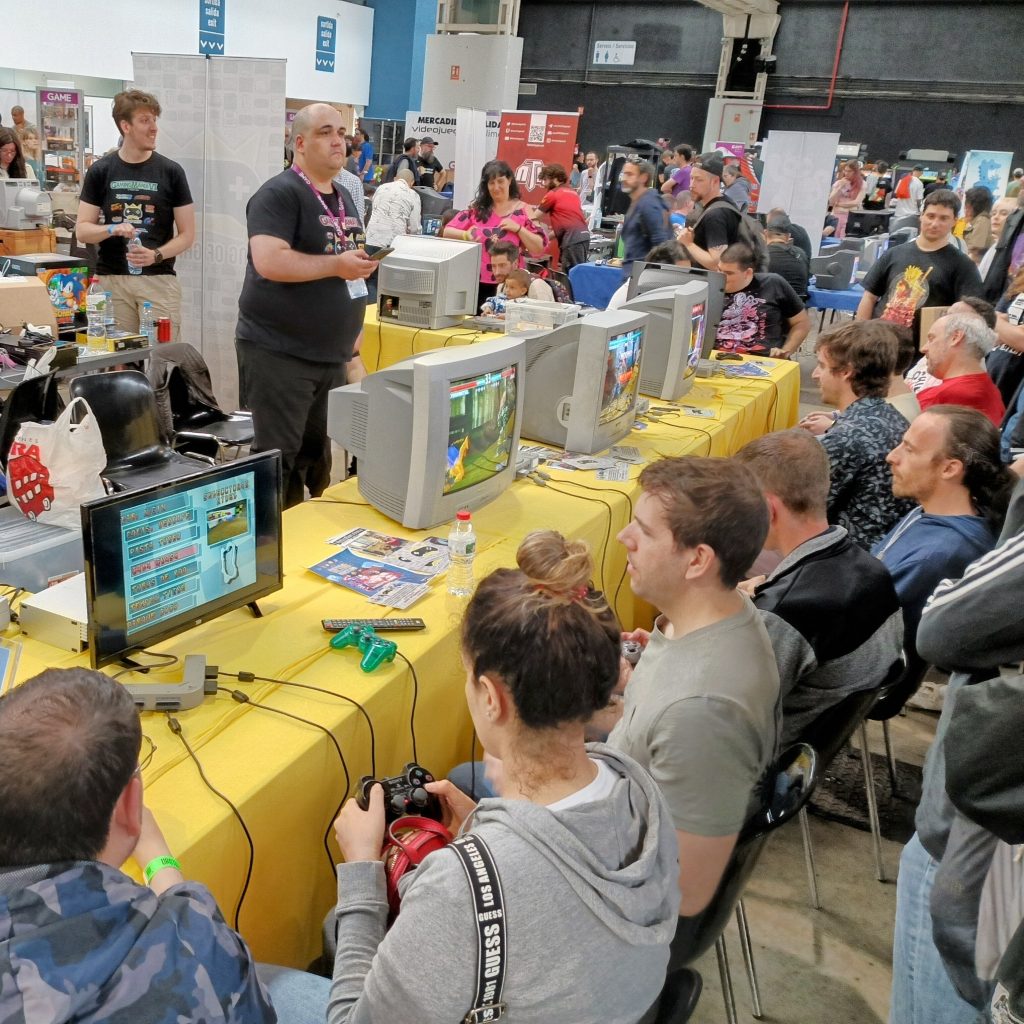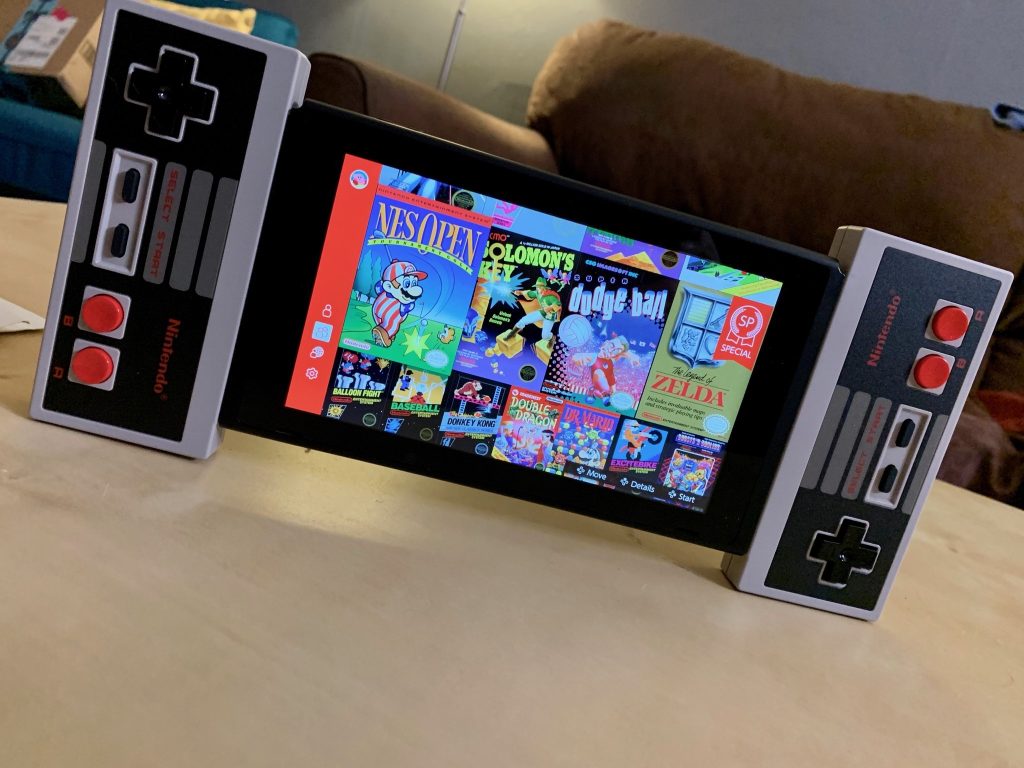A report I read days ago confirms self-expression as one of the trendy drivers of motivation to play a game. This is why the top games are always Fortnite, Roblox, and Minecraft. These games are masterpieces and they are champions of self-expression.
According to the MDA Framework, there is an aesthetic of games (which means an essence of a playful experience) called expression:
Expression: the Game as self-discovery.
[…]
Expression comes from dynamics that encourage individual users to leave their mark: systems for purchasing, building, or earning game items, for designing, constructing, and changing levels or worlds, and for creating personalized, unique characters.
Self-discovery is to provide tools to the Players to create their assets inside of the game. That is expensive because there are usability issues. It’s hard to prepare an economy on self-expression motivation.
It’s dangerous to go alone, take this!
When it comes to self-expression, in my experience there are 3 archetypes:
- Creators: they play games that empower them to create their own worlds. They want to turn their vision into reality.
- Storytellers: they need freedom to hold the protagonist’s actions in their hands.
- Belongers: they want to be part of a team and feel a sense of relatedness.
There are 3 main drivers: creation, emotional immersion, and independence.
For creation, ask yourself these questions:
- How can I create a world of my own?
- How can I use my imagination?
- Can I explore the way I want?
- Can I create items that I can call my own?
- Can I explore new environments in other worlds?
For the emotional immersion, ask this:
- Do I feel completely engrossed in the world/story?
- Can I care for something or someone within the game?
- Will I feel an emotional connection to the story?
- Do I feel a sense of ownership?
- Do I have an emotional response to an experience?
- Do I feel like an integral part of the story?
- Can I be someone else?
Finally, for independence ask yourself:
- Can I create a different life I want to live?
- By playing this game can I feel in control of something important in my life?
- Can I have an experience and not be judged by the game?
- Can I break the rules?
- Can I do something I can’t do in real life?
That’s it! Now take Fortnite, Minecraft, or Roblox and answer the questions above. You can see they mark all the checks.

